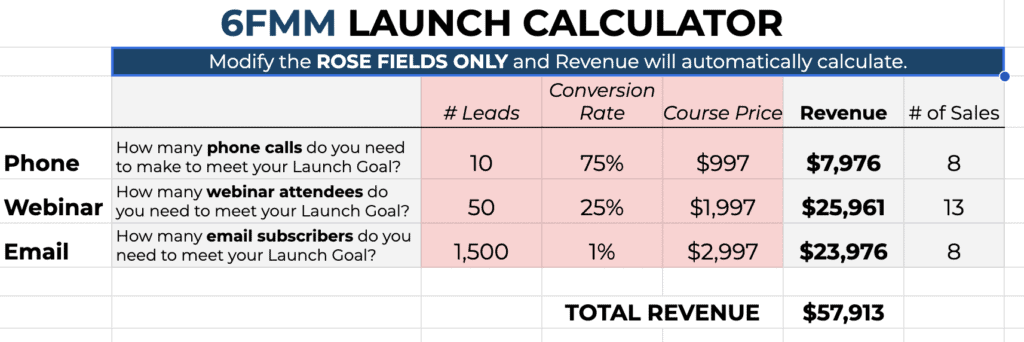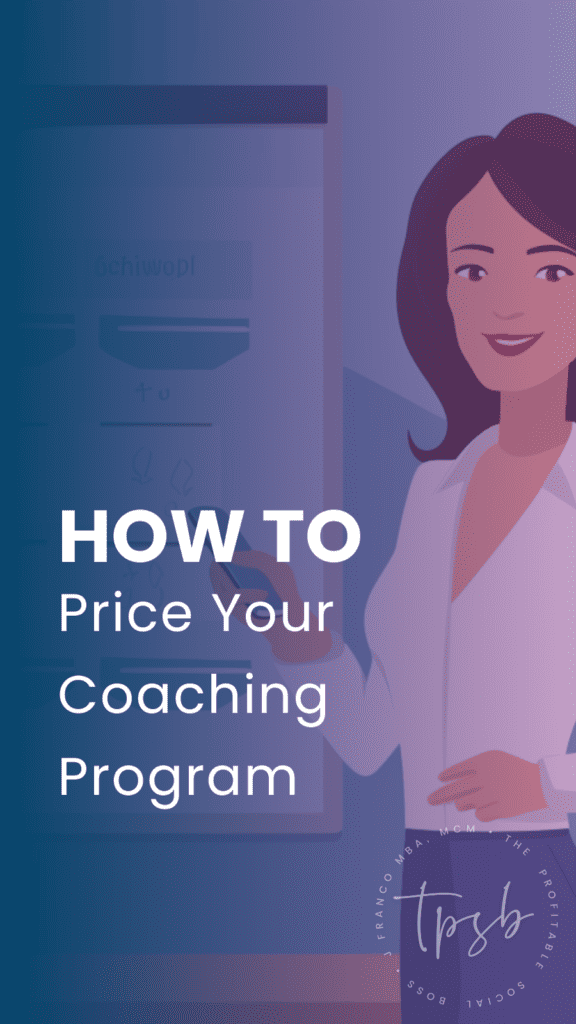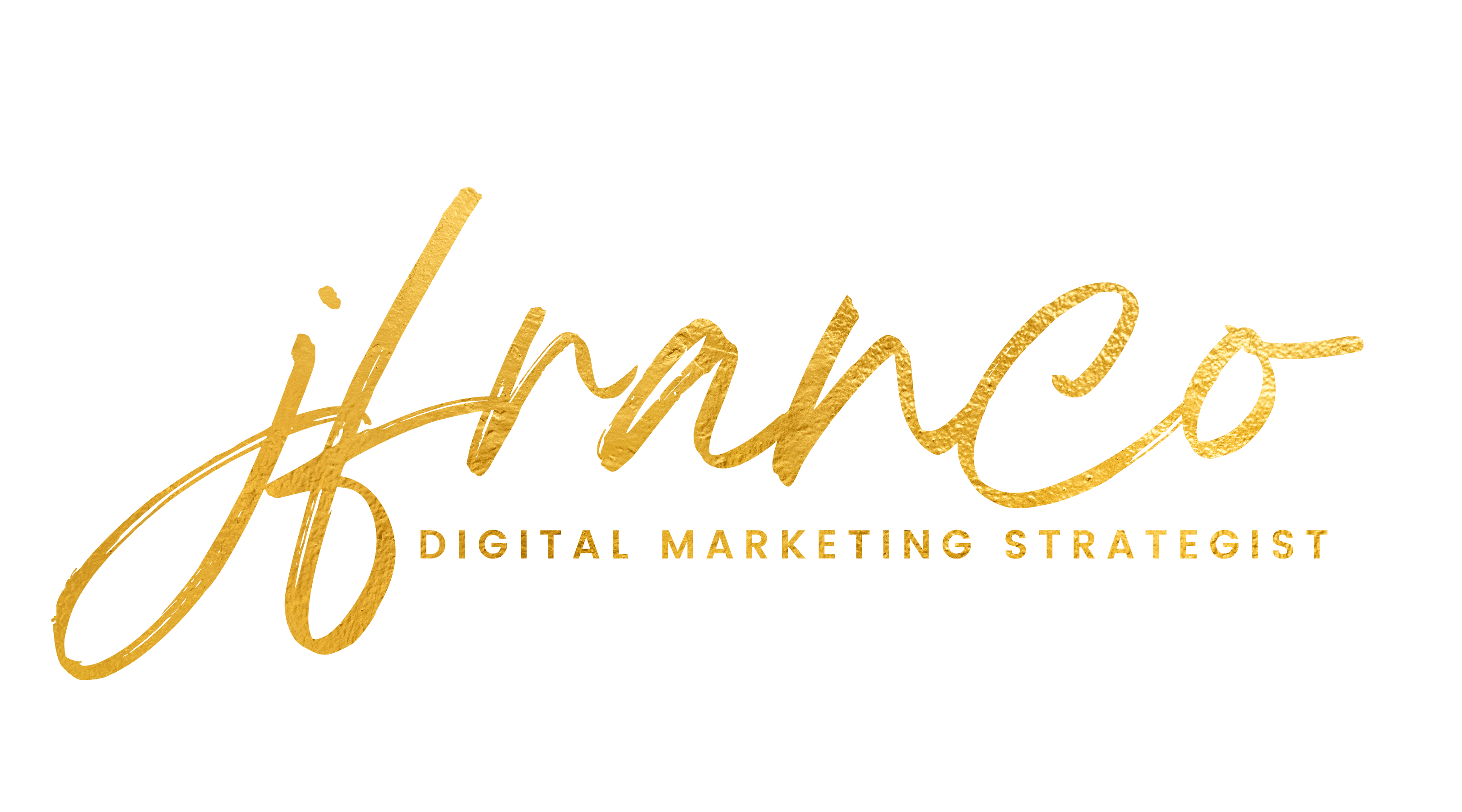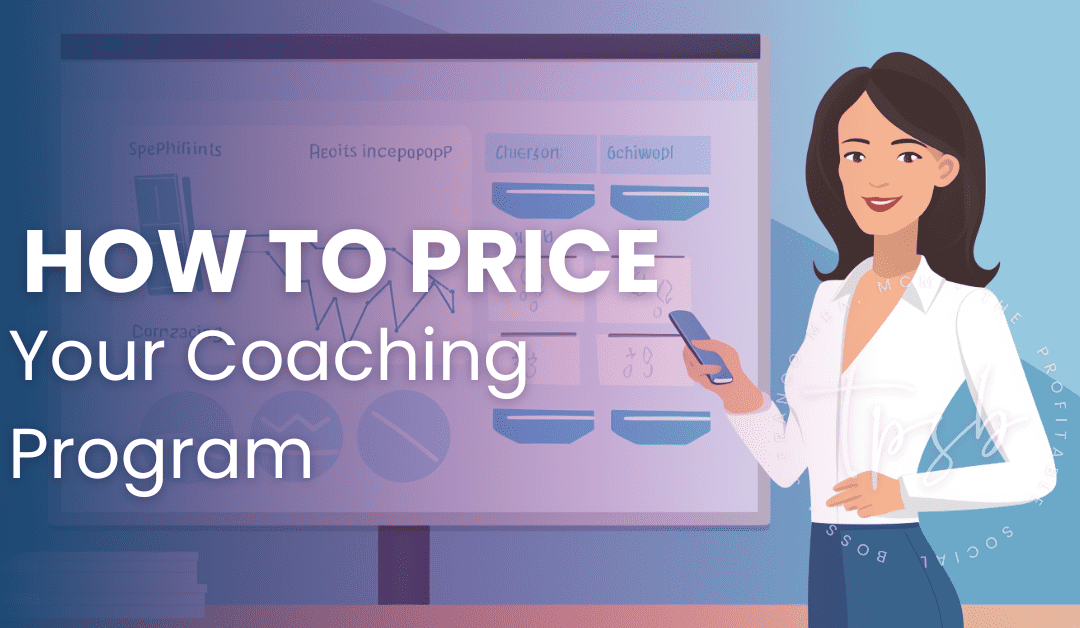Coaching has become an increasingly popular profession, with many individuals seeking guidance and support in various aspects of their lives. As a coach, one of the crucial decisions you’ll have to make is determining how to price your coaching program. Setting the right price is essential to attract clients, sustain your business, and ensure your services are accessible to your target audience. In this article, we will explore the key factors you should consider when pricing your coaching program and provide valuable insights to help you make an informed decision.
Understanding Your Value To Price Your Coaching Program
Know Your Expertise
Before setting a price, it’s essential to recognize and acknowledge your expertise. Identify your unique skills, experience, and qualifications that make you stand out as a coach. Understanding the value you bring to your clients will instill confidence in your pricing strategy.
Analyze Your Target Market
It’s important to research and understand your target clients. Do a competitive analysis of similar coaching programs and identify what sets you apart. You can also conduct surveys within your target demographic to understand their budget for coaching services and how they perceive your value.
Define Your Target Audience
Different coaching services cater to different audiences. Identify your target market and understand their needs, preferences, and financial capabilities. Tailoring your pricing to suit their requirements will enhance your program’s attractiveness.
Determine Different Pricing Strategies
Once you have identified your target market and their spending habits, you can decide on a pricing strategy. Consider offering different tiers of packages with different price points to attract more clients. You can also offer discounts or incentives for working with multiple clients simultaneously. Additionally, consider adding add-ons or services offered at an extra charge.
Finally, communicate your prices clearly and explain what they include. Doing so will help set expectations for your clients and ensure that pricing is consistent across your services. This will also help build trust with potential customers who may be intimidated by investing in coaching services.
Analyzing the Market
Research Competitors
Conduct thorough research on other coaching programs within your niche. Analyze their pricing structures, the services they offer, and the benefits they provide. This analysis will give you a better understanding of the competitive landscape and guide your pricing decisions.
Positioning Your Program For Pricing
Based on your expertise and the unique aspects of your coaching services, determine how you want to position your program in the market. Highlight the value proposition that sets you apart and justifies your pricing.
Coaching Pricing Strategies
Hourly Rate vs. Package Pricing
Decide whether you want to charge an hourly rate or offer packages for your coaching sessions. Both options have their pros and cons, so weigh them carefully to find the best fit for your business model and client needs.
Value-Based Coaching Price
Consider adopting a value-based pricing approach, where you tie the price to the outcomes your clients can expect from your coaching. Demonstrating the tangible benefits will justify higher pricing.
Introductory Coaching Price and Discounts
Offering special introductory rates or discounts can be a great way to attract new clients and build a client base. Be cautious with discounts, though, as they might devalue your services in the long run.
Price Your Coaching Program: Pricing Structure
Tiered Pricing
Implement a tiered pricing structure that caters to clients with varying needs and budgets. For instance, you can offer basic, standard, and premium packages with escalating levels of support and resources.
Retainer vs. Pay-As-You-Go
Decide whether you want clients to commit to a retainer arrangement or allow them to pay for sessions as they go. Retainers offer stability, while pay-as-you-go may attract clients who prefer flexibility.

Overcoming Coaching Price Challenges
Overcoming Imposter Syndrome
As a coach, you may sometimes doubt your worth and experience “imposter syndrome.” Overcome this by reminding yourself of your accomplishments and the positive impact you have on your clients. Your services are valuable and worth the investment.
Communicating Your Value
Confidently communicate the value of your coaching program to potential clients. Focus on the benefits they will gain from your services, and be transparent about your pricing rationale. Show potential clients that they’re not only getting 1-on-1 advice, but also the motivation and support needed to make lasting change.
Explaining Your Process
Be clear about what clients can expect during their coaching experience with you. Explain your process and how you create custom solutions tailored to each individual’s unique needs. Describe your past clients’ successes and how you collaborate with them to make positive changes in their lives.
Building Trust & Loyalty
Take the time to build trust and loyalty with each client by providing a personalized experience tailored to their individual needs. Show that you care about their success, not just your own. Listen intently without judgment and ask meaningful questions to understand their goals better. Work together to create achievable goals and a realistic plan of action that will help them reach those objectives.
Setting the right price for your coaching program is crucial to your coaching success. Understand your expertise, research the market, and employ effective pricing strategies to attract and retain clients. You can create a thriving coaching business by valuing your skills and communicating your worth.

FAQs On Coaching Pricing
Q: How do I determine the best pricing strategy for my coaching program?
A: Consider your expertise, target audience, and the competitive landscape. Assess whether hourly, package, or value-based pricing aligns with your business goals.
Q: Should I offer discounts for my coaching services?
A: While discounts can attract new clients, be cautious not to undervalue your expertise. Use discounts strategically and consider introductory rates instead.
Q: What is the benefit of a tiered pricing structure?
A: A tiered pricing structure allows you to cater to clients with different needs and budgets, making your coaching services more accessible to a broader audience.
Q: How can I overcome imposter syndrome as a coach?
A: Recognize your achievements, focus on your positive impact on your clients, and remind yourself of the value you bring to their lives.
Q: Is offering a retainer or pay-as-you-go arrangement for coaching sessions better?
A: It depends on your business model and the preferences of your target audience. A retainer offers stability, while pay-as-you-go provides flexibility for clients.
If you are ready to create an offer that will dominate your industry with a competitive pricing structure that allows you to reach a 6-Figure Income. Then 6 Figure Marketing Mastery is for you.
Sign up for 6 Figure Marketing Mastery and transform your coaching business for as little as $97/m.

